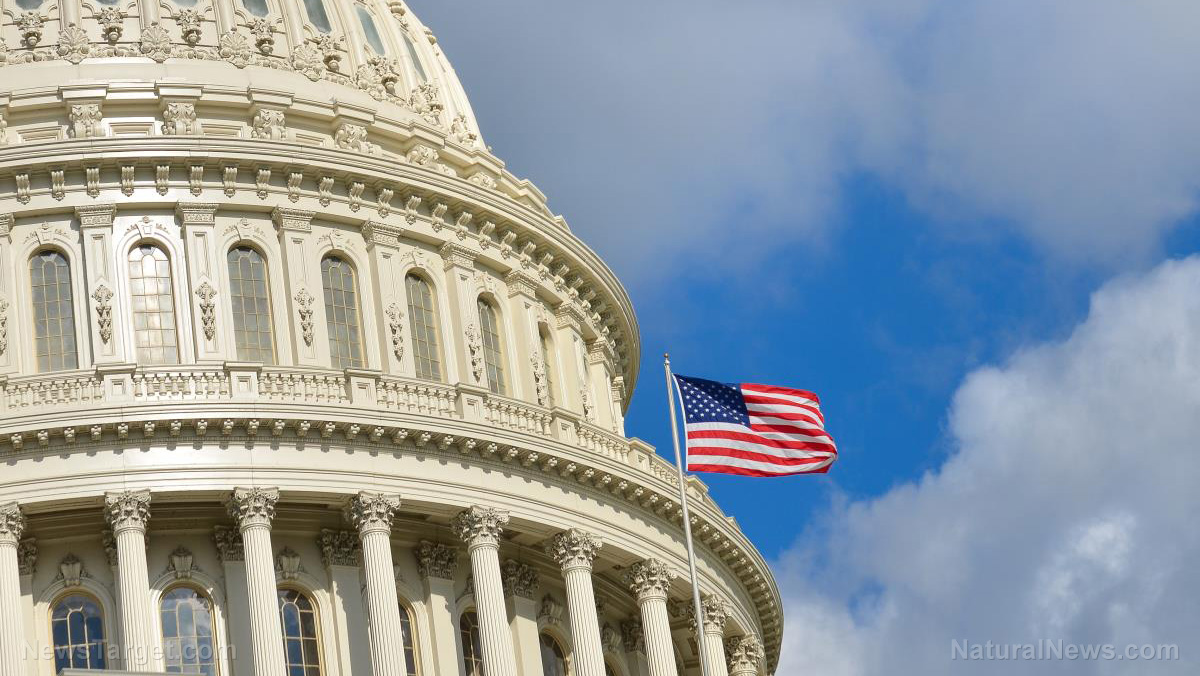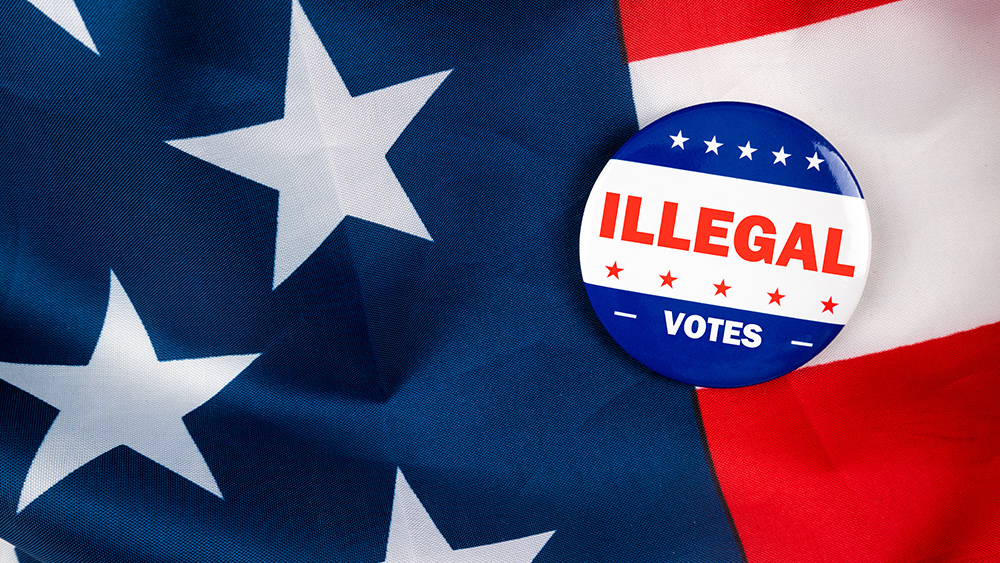To no one’s surprise, the worst extremists all work near D.C and there will never be peace if Americans cannot force the U.S. govt back into its constitutional cage
08/07/2024 / By News Editors

One of the most important lessons in life is straightforward: everything in moderation. If you eat too much, you’ll get fat. If you drink too much, you’ll lose your wits. If you play too much, no one will take you seriously. Temperance is a remarkably sound philosophy for living well.
(Article by J.B. Shurk republished from AllNewsPipeline.com)
Living with an eye toward moderation is about more than restraining from vice. Experience teaches that thoughtless excess undermines otherwise healthy activities. Reading books without taking the time to consider the meaning of their words can make a person educated but unwise. Almost everything in life is done best when done with earnest reflection and restraint.
You do not need to read through the correspondence of America’s Founding Fathers to appreciate their preference for moderate government. Philosophically, of course, they were the radicals of their age. They rejected the notion that an elite aristocracy should exercise power by divine right and fought a war for the revolutionary principle that “all men are created equal.” They defended liberty, property rights, and speech as essential elements of what it means to live. When it came time for them to design a government best equipped to protect these freedoms, however, moderation was the key!
The English Civil War of the previous century weighed heavily upon their minds. The fall of the Roman Republic two millennia earlier guided their thoughts, too. They understood the corrupting influences of power, but they also appreciated the carnage that corrupt governments wreak. Mercurial monarchs and political repression guarantee war and forestall peace.
The Founding Fathers’ spirit drove them to fight for freedom, but their temperance restrained their actions after achieving victory. It has been said that General George Washington could easily have made himself king, but he was a man of humility who sought to follow in the footsteps of Cincinnatus — the virtuous Roman statesman who relinquished power and returned to his farm. Similarly, had the Founding Fathers suffered from the same unchecked passions that seized Robespierre and the Jacobins during the French Revolution, America might have quickly ended in a Reign of Terror of its own. Instead, the Founders’ commitment to moderate forms of government nurtured civic peace.
Their first attempt at a national charter — the Articles of Confederation — was so moderate, in fact, that it did not last even ten years. So wary were the Founding Fathers of a strong central government and so concerned were they for the preservation of the states’ sovereign powers and Americans’ inherent rights that they required a second bite at the apple to get the U.S. Constitution right.
Even then, the whole document is an exercise in slicing and dicing government power into discrete parts. The Legislative, Executive, and Judicial Branches are coequal entities meant to keep one another in check. The Constitution restricts Congress’s authority to a short list of enumerated responsibilities, curtails the president’s unilateral decision-making power, and grants the Supreme Court limited jurisdiction over particularized controversies. The whole document screams, “These are the only things that the federal government is allowed to do. All other rights and powers belong to the individual states and their citizens.” Then, just to make sure that future ethically challenged politicians didn’t get any immoderate thoughts of their own, the Founders stamped a Bill of Rights at the end that screams even more loudly, “Future federal government functionaries, you may never, ever do any of these things! Really, these rights are off-limits and cannot be infringed!” If only later government stewards had listened.
Just as moderation in life keeps us balanced, moderation in government keeps passions in check. Constitutional republics with robust democratic norms do not require a Deep State. If a citizen is not happy with something the government is doing, there are peaceful avenues for change. Contacting representatives, voting for new representatives, or running for office are simple ways to alter public policy without having to alter the form of government. When government agents operate beyond the reach of citizens, however, they damage the essential mechanisms for self-government. When the only thing that matters is who is in charge, the contest for who controls the reins of government becomes a zero-sum game. Excessive power leads to immoderate behavior, and immoderate behavior threatens long-term civic peace. Government instability is the inevitable result.
Read more at: AllNewsPipeline.com
Submit a correction >>
Tagged Under:
big government, Constitutional Republic, deep state, extremism, extremists, freedom, government, Liberty, obey, politics, totalitarianism, Tyranny, Xpost
This article may contain statements that reflect the opinion of the author
RECENT NEWS & ARTICLES
COPYRIGHT © 2017 CORRUPTION NEWS




















